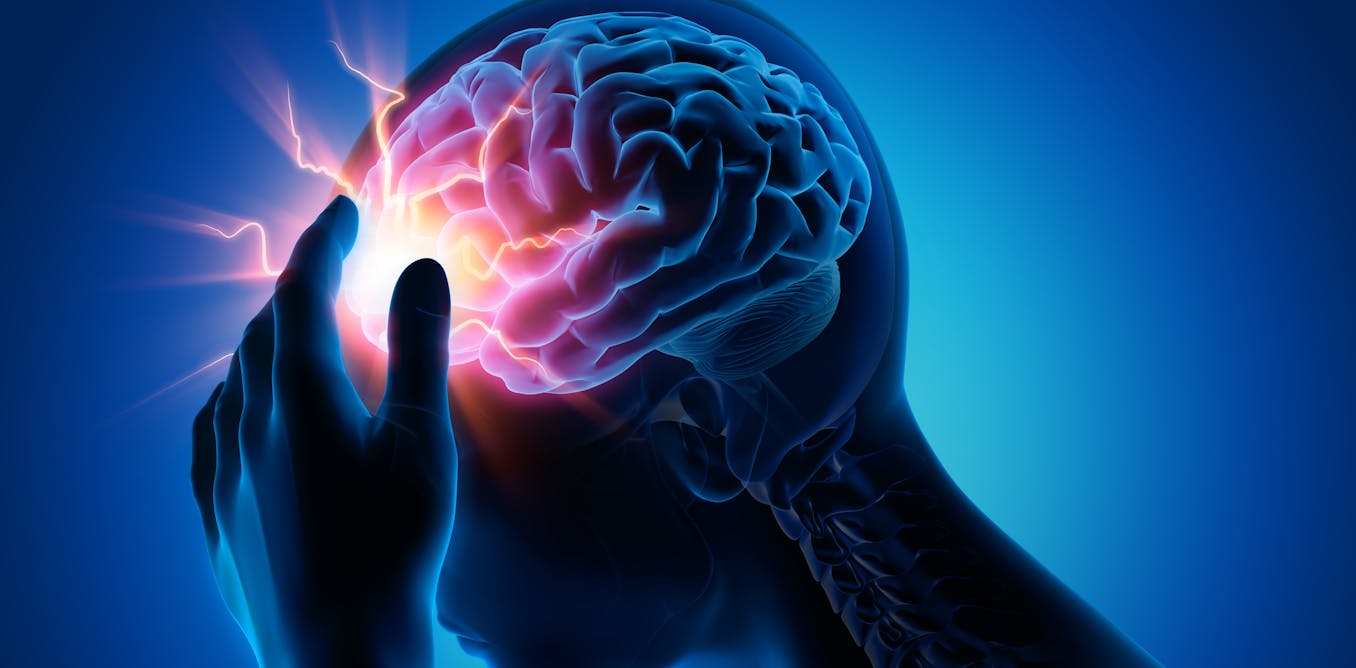Altitude sickness is typically mild but can sometimes turn very serious − a high-altitude medicine physician explains how to safely prepare
Whether you’re ascending to high altitudes for casual travel or for adventure tourism, there are specific strategies to help you acclimate and reduce the likelihood of altitude sickness.
March 1, 2024 • ~10 min










